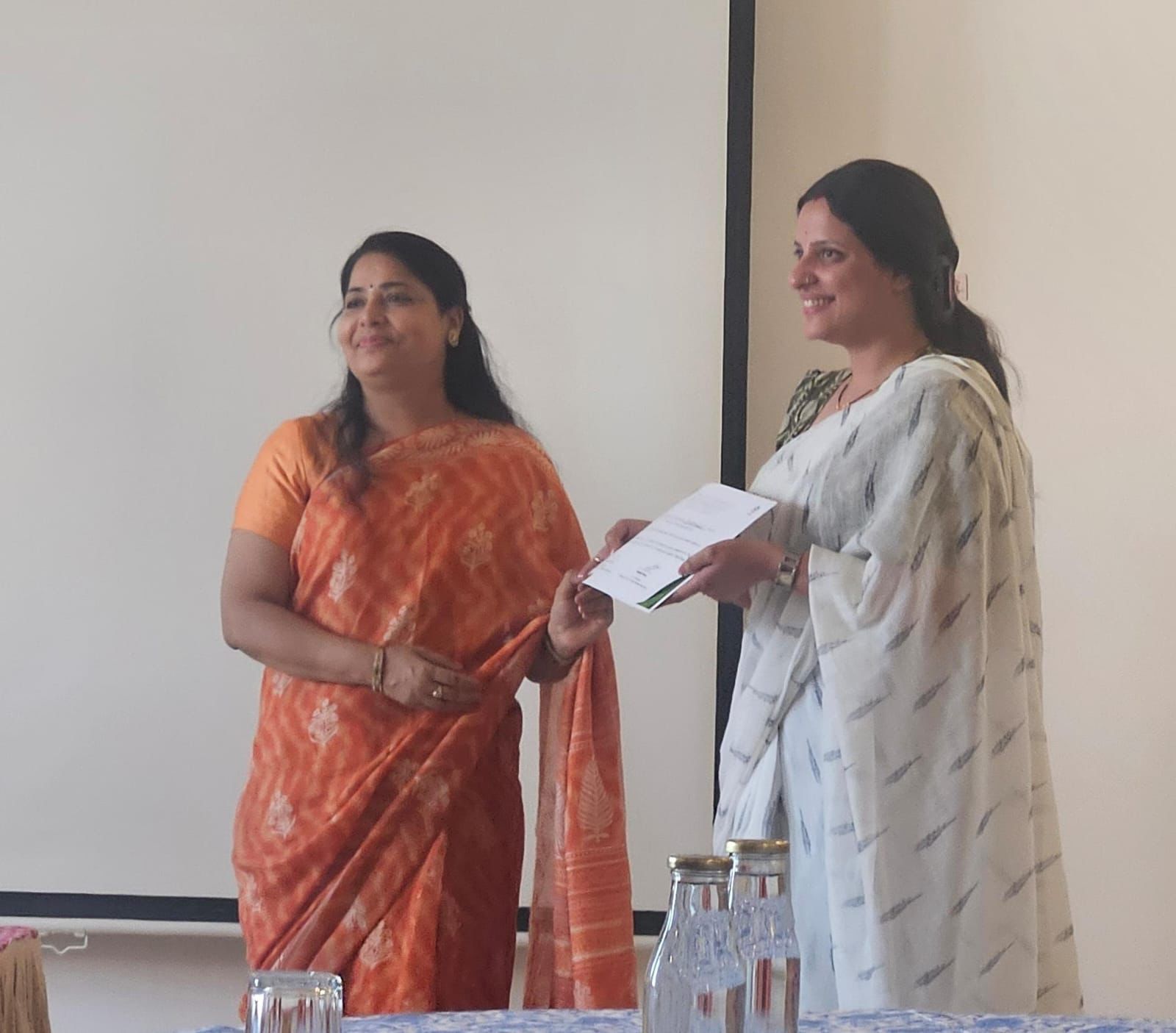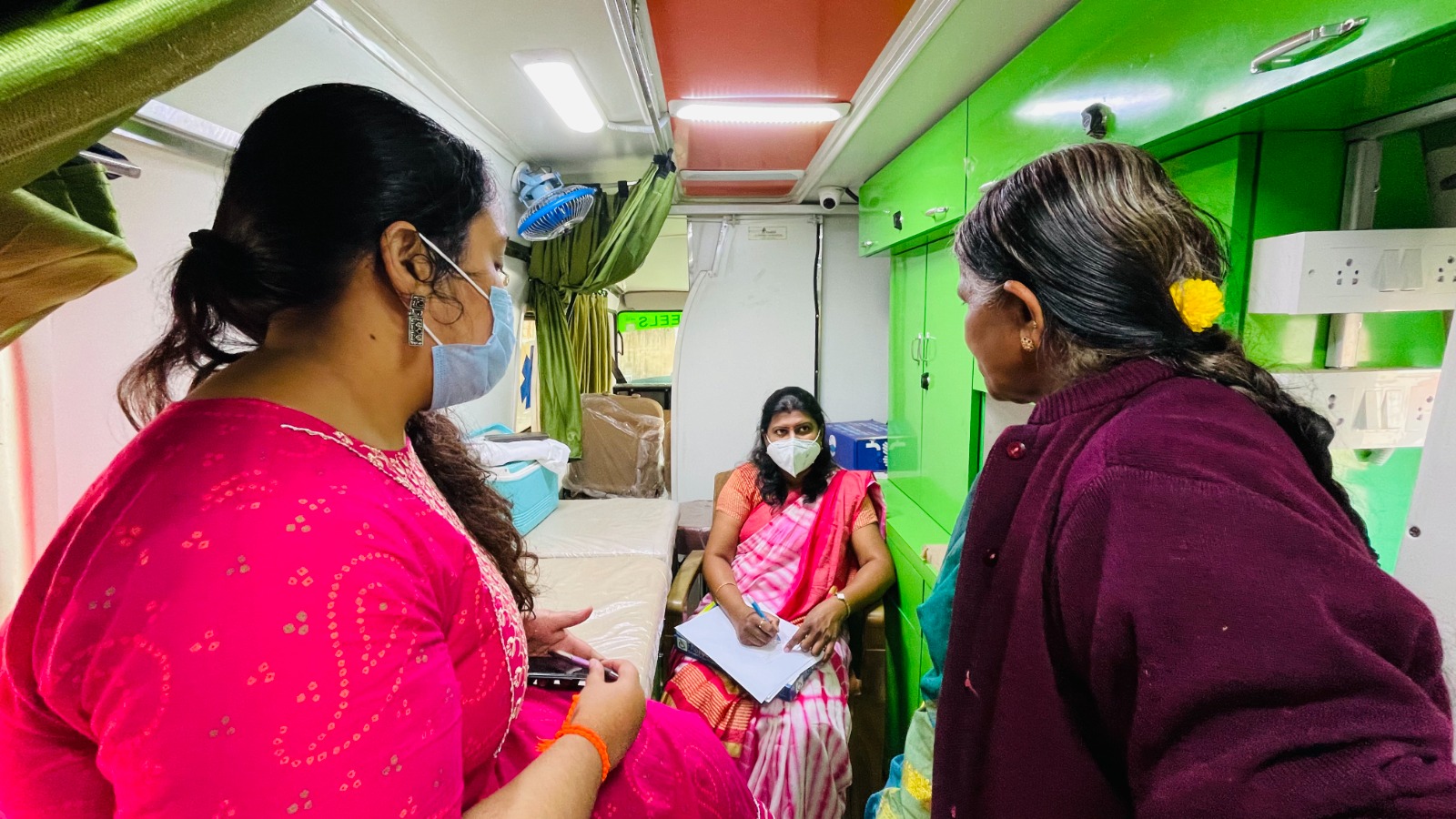Subscribe our Weekly Newsletter
RFP for Department Disaster Management Plans (DMP) for Nagaland

Organization: UNDP
Apply By: 28 May 2025
About the Organization
As the lead United Nations agency on international development, UNDP works in 170 countries and territories to eradicate poverty and reduce inequality. We help countries develop policies, leadership skills, partnerships and institutional capabilities to achieve the Sustainable Development Goals. Our work is centred around six core development areas, known as our signature solutions: poverty and inequality, governance, resilience, environment, energy and gender equality.
Mission and vision:
UNDP’s mandate is to end poverty, build democratic governance, rule of law, and inclusive institutions. We advocate for change, and connect countries to knowledge, experience and resources to help people build a better life.
About the Proposal
Background:
The GoN-UNDP joint programme “Disaster Risk Management” is being implemented in Nagaland. The key outcome of the project is to ensure that relevant preparedness and mitigation measures are in place to minimize the risks, enhance resilience, and ensure the safety and well-being of the people in Nagaland. The State is prone to multiple disasters owing to its geographical location, demography, and other factors such as high degree of urbanization, climate change and others. Earthquakes, landslides, and floods frequently impact infrastructure, homes, and livelihoods, especially during the monsoon season. Cyclones, storms, and forest fires are some other hazards that further pose risks, causing environmental and economic damage. Additionally, drought-like conditions are also observed, affecting water availability and agriculture.
Nagaland’s vulnerability is also influenced by its limited infrastructure and accessibility in remote areas. Many regions are difficult to reach, particularly during the monsoon season, when roads become impassable due to landslides and floods. This isolation often hampers timely response efforts and slows down recovery processes. Additionally, the diverse ethnic and cultural makeup of Nagaland presents challenges in ensuring effective communication and coordination across communities, making it crucial to tailor disaster management strategies that are culturally sensitive and locally relevant. Addressing these challenges requires a comprehensive approach that strengthens both physical and social infrastructure, ensuring no community is left behind in times of crisis.
There is an acute need of ingraining a culture of Disaster Preparedness, readiness for response and mainstreaming of Disaster Risk Management into everyday planning processes at the grass root level.
One of the most effective ways of accomplishing the same is through creating Disaster Management Plans at the department level in the districts.
Given this background, one of the key objectives under the project is to develop Departmental Disaster Management Plans for Nagaland. The aim is to strengthen state government departments and ensure clear roles and responsibilities for improving coordination during disasters. The plans will help in enhancing preparedness by tailoring strategies to specific sectors, enabling efficient resource allocation. It will also strengthen capacity building through department-specific training and ensure better disaster response. The approach will improve overall resilience and help in reducing the severity of disaster impacts. The agency hired through this RFP will be expected to prepare plans based on in-depth consultations, fieldbased assessment/survey, review of available documents, and stakeholder workshops considering local hazard and risk profile of partner cities in the context of future disaster and climate risks.
Study Objectives:
There are 32 line departments in the Government of Nagaland. The objective of the project is to develop a comprehensive Departmental Disaster Management Plan (DDMP) for 10 departments of Nagaland and to handhold the remaining departments in filling out the draft template of the DDMP. The DDMP must align with the guidelines outlined by the National Disaster Management Authority (NDMA) and develop plans for each department according to their distinct roles and responsibilities. This should involve a tailor-made approach of detail across the various plans.
The Departmental Disaster Management Plan (DDMP) should clearly define the roles and responsibilities of each department in disaster preparedness, response, and recovery. A detailed risk assessment catering to the specific vulnerabilities and local context of Nagaland must be integrated. The plan should also outline standard operating procedures (SOPs) for disaster response, ensuring effective coordination with other agencies. Additionally, including an inventory of resources and logistical support will ensure efficient management during disasters. A crucial component of the DDMP should also be to incorporate training and capacity-building programs to enhance the preparedness and resilience of designated representatives.
Research and Planning
- Carry out a desk review of the existing Department Disaster Management Plans (DDMP)/ Contingency plans in the country, with a view to assessing comprehensiveness in terms of multi-hazard risk mitigation & preparedness, clarity of roles & responsibilities, operational efficiency, and appropriateness in the aftermath of a disaster.
- Confirm the draft template of the DDMP through a consultation process with all stakeholders, and all departments.
- Prepare the methodology for the preparation of the plans after the endorsement from all the stakeholders.
- Share the template with all line 32 departments and provide guidance on development of the respective plans
- Collect the primary and secondary data based on the agreed methodology for 10 departments
Stakeholder Consultation & Coordination
- Prepare background notes and agenda for Consultation Workshops for the preparation of the DDMPs with all 10 departments.
- Coordinate, organize, and facilitate all Consultation Workshops
- Prepare Report of Consultation Workshops with recommendations/suggestions.
Finalization of DDMPs
- Prepare draft DDMPs, duly incorporating all suggestions and recommendations of the Workshops.
- Submit the draft DDMP and obtain feedback from UNDP, SDMA and concerned authorities of the Departments through a consultative process.
- Handhold the remaining departments in providing guidance on developing the department plans
- Carry out the simulation/tabletop exercise for the ESF departments and submit the report to UNDP.
- Submit final versions of DDMP to UNDP after duly incorporating feedback/suggestions received from all the stakeholders.
- Prepare handbook/checklists/guidance notes that will inform the authorities on how to review and revise their respective disaster management plans.
- Conduct capacity building workshop for the government officials to explain the process of developing and implementing a DM plan and using the developed Primer/Handbooks/SOPs
- Review/modify plans and modify if required as per outcomes of review/tabletop exercise.
The plans must be developed in a manner that allows it to be updated and modified easily so that they don’t remain as static documents. Hence, the templates for the same must be created in a digital manner that can be updated. These can then be put up on the websites of the respective departments. The recommendations of the DDMP should ideally become the basis for the Department to develop Mitigation and Preparedness strategies and seek SDRF financing if appropriate.
Additionally, it must be noted that the said plans have to be gender sensitive as well as include components of disability and other cross cutting issues. This will entail equal gender participation in the creation of the said plans from the departments as well as ensuring that the plans fully integrate the gender and disability components in the plans in a comprehensive manner.
There will be two stakeholder workshops in the state during the project to brief and apprise the officials of the departments. The first workshop will be the kick-off meeting/ workshop organized by the agency in the initiation stage, which will be for briefing the representatives of the concerned departments and the Nagaland SDMA. The second workshop will be for the actual preparation of the plans with the line departments after the data collection phase for taking their final inputs into the draft plan prepared by the agency.
The workshops will have a maximum of 40 participants.
Schedules of Deliverables:
The following deliverables should be submitted and approved by UNDP, jointly with the city administration, while developing the plan:
- Inception report within two (2) weeks after award of the contract.
- Submission of draft template for the Department Disaster Management Plan after four (4) weeks from the date of award of the contract
- Submission of 10 draft department plans and presentation to all stakeholders within sixteen (16) weeks after award of the contract.
- Completion of assignment and submission of the final plan to UNDP based on the feedback from the presentation within eighteen (18) weeks from the date of award of the contract
- Report on the capacity building workshop of the government officials along with the department-mock drill exercise within twenty (20) weeks from the date of the contract
- Submission of reports after conduction of Departmental mock drills within twenty (20) weeks from the date of the contract
Location of work:
- Nagaland
- At Contractor’s Location with travel to the cities
Eligibility
The following eligibility criteria should be demonstrated by the bidder:
- The Service Provider must be duly registered with the appropriate authorities and must have a minimum of 7 years of consulting experience in the arena of Disaster Risk Reduction preferably with experience of the same in urban areas.
- The Service Provider should have experience of effectively implemented at least two projects of a comparable nature of having prepared DM plans.
How to Apply
Deadline on: 28-May-2025 08:00 (GMT -4.00)
For more information please check the Link
Stay in the loop with the newest RFPs and Grants through NGOBOX's WhatsApp Channel. Join now by clicking here!
Latest Online Store
Latest Grants
Latest News
© Renalysis Consultants Pvt Ltd
























.jpg)


